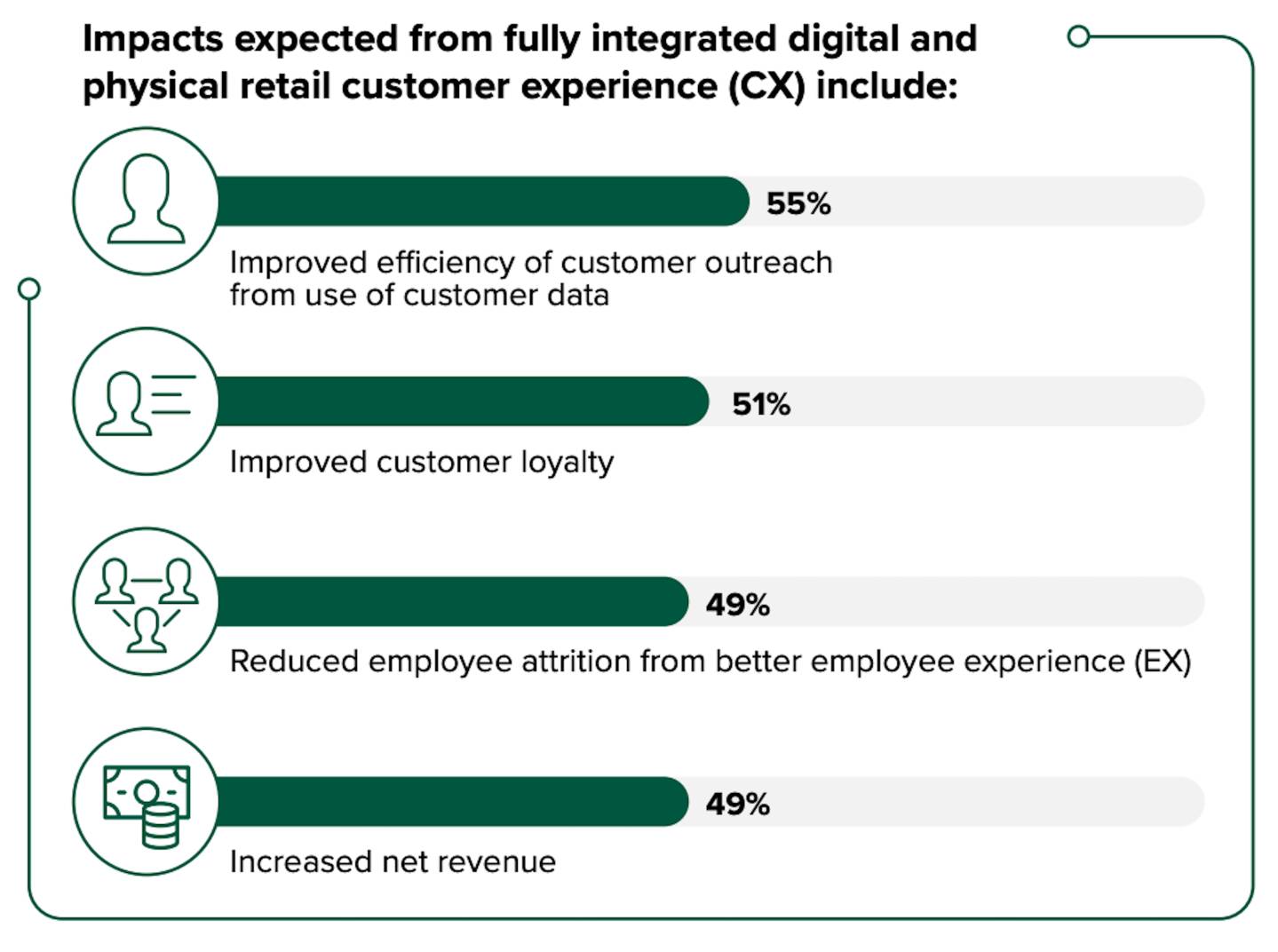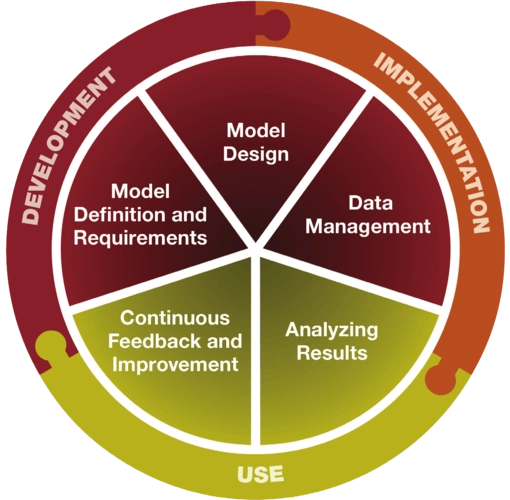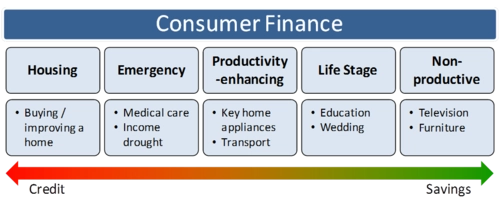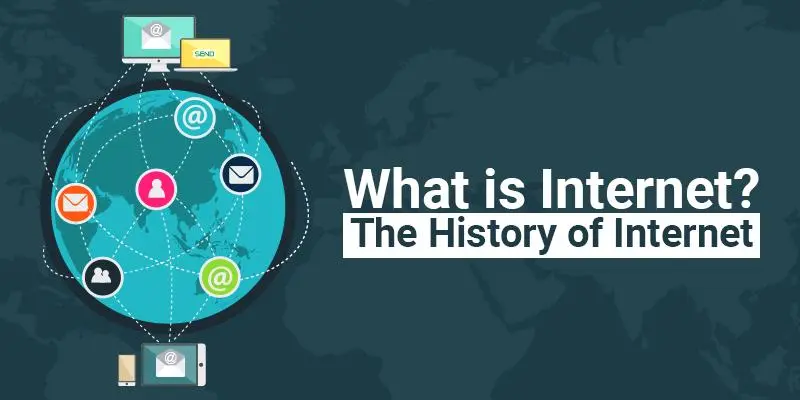Dow’s CFO on retiring from the company after 33 years—and how he adheres to the strategy of ‘forget, borrow, learn’
After 33 years at the multinational chemical producer Dow, most recently serving as president and CFO, Howard Ungerleider is retiring from the company. But he has a second act in mind.
“I have a lot of gas in my tank,” Ungerleider, who has been in the CFO role for almost 10 years, tells me. “I have a lot of energy. I really want to continue my leadership journey.” That may even include taking on a chief executive position. And CFOs are increasingly viewed by companies as potential CEOs.
“I really want to make an impact and grow long-term value,” he says, “whether that’s as a public company CEO, whether that’s private equity, whether that’s some board service. I would say those are the three areas where I’m having exploratory conversations. Then in 2024, I’ll start to make some decisions.”
But right now, Ungerleider is very focused on finishing the year at Dow, and “transferring as much knowledge as I possibly can to my successor, Jeff Tate,” he says. “He’s a phenomenal leader. I’ve known him for 25 years.” Tate, who began his tenure as CFO on Nov. 1, rejoins Dow following his role as EVP and CFO of Leggett & Platt from 2019-2023. He first joined Dow in 1992.
The CEO’s copilot
Dow (No. 75 on the Fortune 500) earned $56.9 billion in revenue in 2022, a 3.5% increase from 2021. The company is led by Jim Fitterling, chair and CEO. As a CFO, Ungerleider shares his perspective on strategic partnership.
“There’s been a lot of evolution in the CFO role over the last 30-plus years,” Ungerleider explains. “If I rewind to the ‘90s, I would say most CFOs came from the treasury function.” Then, in the early 2000s with major business disruptions such as the Enron collapse, it became the era of controllers, and the CFO role became much more compliance focused, he says. “But I think the ‘08-’09 financial crisis really developed the need for the CFO to be the copilot to the CEO,” Ungerleider says. And as finance chief, he’s had to lead through transformation.
In 2017, Dow Chemical and DuPont combined, and Ungerleider also served as CFO of DowDuPont. But, he was then elected president in March 2018, to prepare for the subsequent separation of the company and creation of Dow Inc. As both CFO and president, Ungerleider was in the position of copilot to Fitterling, he says.
“We had to work together between the legacy Dow people and the legacy DuPont people to create three essentially brand new companies,” Ungerleider says. “It was one of many pivotal moments in my career.”
A part of the strategy was using a concept in business transformation called “forget, borrow, and learn,” he says. “We asked ourselves, what do we want to forget about the old? What do we want to borrow and take with us from the old into the new company, and then what new skills or capabilities do we need to learn?” he explains.
In 2019, DowDuPont was split into three separate public companies— Dow, DuPont de Nemours, and Corteva. This was “a huge and highly complex transaction that transformed the chemical industry landscape,” according to McKinsey.
During his time at Dow, Ungerleider’s career has also spanned functional and enterprise-level leadership roles globally, including president of Dow’s Performance Plastics Division, VP of investor relations. “I have skills and capabilities, and I work hard, but people took chances on me early in my career,” Ungerleider says.
He’s now a mentor and offers this piece of advice for career longevity: “Learn and master a new area or a new skill.”
“I did not start out as a finance person,” Ungerleider explains. “I started out in sales and marketing, asset management, and supply chain. And I did get an MBA at UCLA while I was working for Dow in California. But my first real finance role was investor relations. I’ve probably had about nine very, very different experiences inside Dow.”
Sheryl Estrada
[email protected]
Leaderboard
Vinay Bassi was named CFO at CPSI (Nasdaq: CPSI), a community healthcare solutions company, effective Jan. 1. Bassi most recently served as CFO for the Audience Measurement division at Nielsen Holdings plc. He also served Nielsen in various senior operational and financial roles, including as CFO to the COO and SVP of corporate FP&A, Global M&A and investments.
Jim Sparks was named CFO at Kalderos, a data infrastructure and analytics company. Sparks has more than 20 years of experience in corporate finance; He comes to Kalderos from Growth Operators, where he served as partner and CFO.
Big deal
Retailers need more effective ways to get customer data and insight from in-store shopping. And alignment between their physical and digital commerce strategies and deployments is lacking. These are some of the findings of a new study released by Toshiba Global Commerce Solutions.
Fifty-four percent of survey respondents say systems are outdated and not connected; 60% report too many disparate systems and tools; and 79% believe that corporate management does not prioritize unifying stores with digital commerce. The findings are based on a survey of 346 high-volume store leaders and corporate-level customer experience decision-makers.
The study, which was conducted by Forrester Consulting, also pointed to the benefits expected from fully integrated digital and physical retail customer experience (CX), such as increased revenue.
Going deeper
"Bob Iger told investors why ESPN needs a ‘soft landing’ as Disney shifts it from cable to streaming," a Fortune article by Rachyl Jones, delves into Disney's fiscal Q4 earnings call on Wednesday where discussion of the shift from linear TV to streaming was front-and-center, and Iger said that ESPN will be an especially delicate operation.
Overheard
“As a company, we need to accept this reality and also need to learn the lesson from this for our future investment activity."
—SoftBank CFO Yoshimitsu Goto said during the company's earnings presentation on Thursday regarding WeWork filing for Chapter 11 bankruptcy, CNBC reported. SoftBank had a loss of 234.4 billion yen for the half-year period related to providing investment and financial support to WeWork, according to CNBC.









